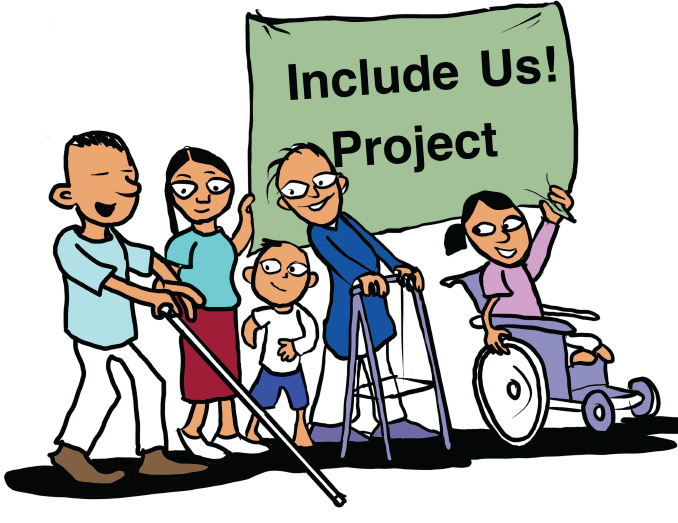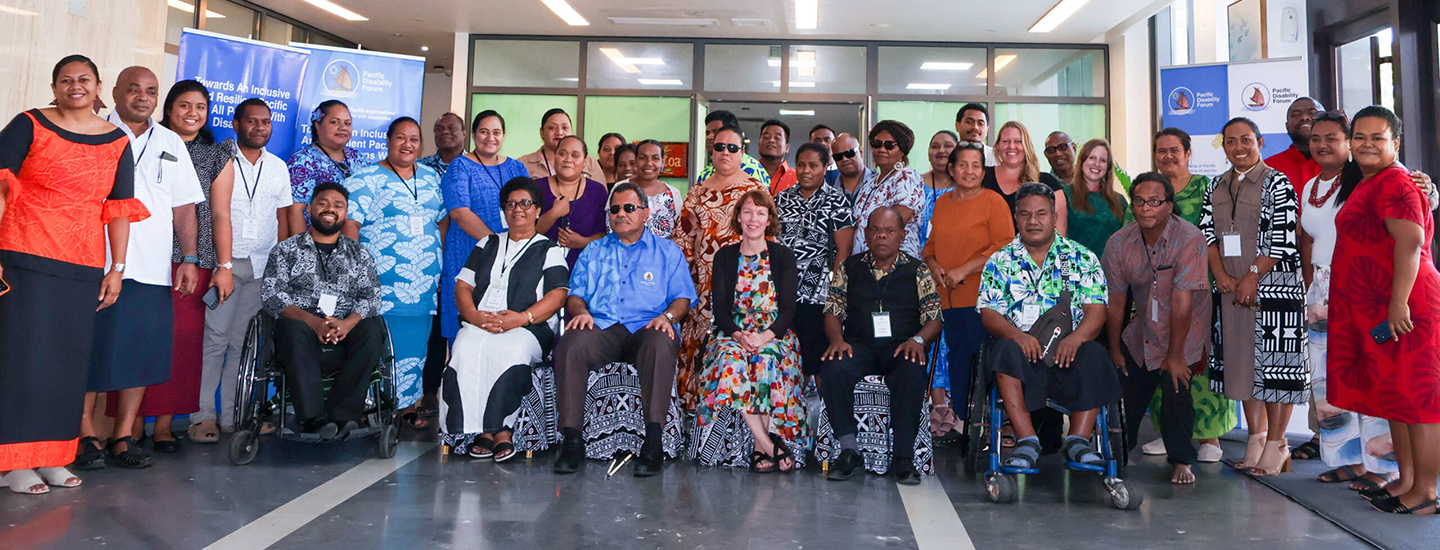Catastrophic Failure to Protect Persons with Disabilities During the COVID-19 Pandemic
Stories | November 25, 2020
The results of a rapid global survey of people with disabilities about their experiences during the COVID-19 pandemic have highlighted a catastrophic failure to protect their lives, health and rights.
The report, Disability rights during the pandemic: A global report on findings of the COVID-19 Disability Rights Monitor, was published in October.
It draws on more than 2,100 responses to a survey, with respondents residing in 134 different countries. The vast majority of responses came from people with disabilities and their family members.
One woman with a disability living in New Zealand, writes that “we have been forgotten about.”
A representative of a disabled person’s organisation in Nigeria paints the picture of a highly dangerous situation given the highly infectious virus: “children [with disabilities] and their parents are still in the street with no face masks, no social distancing. Their lives are in danger.”
These written testimonies are among more than 3,000 collected by the survey. The majority of testimonies highlight systemic failures to protect people with disabilities during the pandemic, regardless of the level of economic development of the countries involved.
Four key themes emerged from the survey data.
One theme was the impact of widespread shutdowns and lockdowns across many parts of the world, which meant that many people with disabilities could not access basic goods such as food or necessary personal supports.
“People are deprived of food and are in financial crisis and the Government has not provided any benefits,” says a person with a disability living in Nepal.
Another theme was the failure to adequately protect and support people with disabilities in residential institutions, with many survey respondents pointing out that a number of institutions were locked down and this had some fatal consequences.
Respondents to the survey also highlighted a variety of serious human rights violations, including an increase in gender-based violence against women and girls with disabilities, children with disabilities being denied access to remote education and people with disabilities experiencing homelessness being detained.
Finally, the survey received reports of discriminatory triage practices and the denial of basic and emergency healthcare to people with disabilities, including people with disabilities being directly denied access to treatment for COVID-19.
The survey and report have been published by a coalition of seven global disability rights organisations, who are calling for urgent action to safeguard and protect people with disabilities, particularly as COVID-19 transmission rates continue to rise in many parts of the world.
Please consider supporting the world’s most vulnerable. Click here to make a donation today.
https://www.cbm.org.au/stories/catastrophic-failure-to-protect-persons-with-disabilities-during-the-covid-19-pandemic
Related Stories

Vision for all: Why access to eye health is a precondition for inclusion
For millions of people in India, particularly those living...

Easy Read your way through our evaluation report
At CBM Australia, we recognise that accessibility is not optional – it is a...

Growing Stronger Together: Supporting OPDs across the Pacific
CBM Australia is proud to partner with Pacific Disability Forum on the Growing Stronger...
